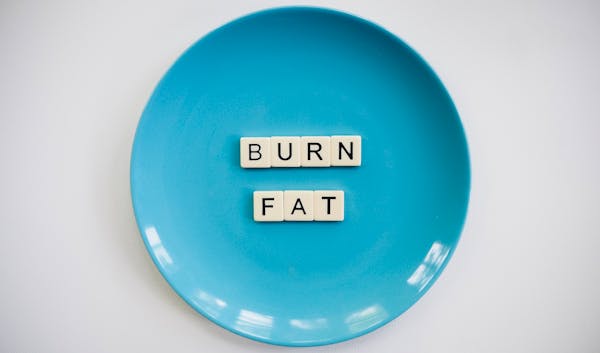Starting a weight loss journey can be exciting and difficult at the same time. Given the wealth of information available, adhering to a structured diet plan is essential to getting the results you want. This article aims to give you a thorough and search engine optimization (SEO) friendly guide to developing a successful diet plan for weight loss.
Recognize Your Needs and Goals:
Prior to beginning any diet plan, it's critical to establish specific goals and comprehend the requirements of your body. To evaluate your current health, metabolism, and any unique dietary needs you might have, speak with a medical professional or a registered dietitian.
Concentrate on a Balanced Diet:
#A successful diet plan for losing weight must focus on a balanced diet. Include a wide range of foods from all food groups that are nutrient-dense:
#Include sources of lean protein such as chicken, turkey, lean beef, fish, tofu, beans, and lentils. Protein keeps you feeling full and helps maintain muscle mass.
#Choose whole grains like brown rice, quinoa, oats, whole wheat bread, and whole-grain pasta over refined grains. These offer enduring energy and crucial fiber.
#Include sources of healthy fats such as avocados, nuts, seeds, and olive oil. Healthy fats are essential for satiety and overall health.
#Fill up on a variety of colorful fruits and vegetables. They contain lots of vitamins and minerals, have few calories, and are high in fiber.
#Dairy or dairy alternatives: Chose for low-fat or non-fat dairy products, or plant-based substitutes such as soy yoghurt or almond milk.
Portion Regulation:
Controlling portions is crucial for weight loss. If eaten in excess, even healthy foods can cause weight gain. Reduce your portion sizes by using smaller bowls, plates, and utensils.
Keep hydrated:
Water is necessary for losing weight. Drinking enough water can enhance metabolism, reduce appetite, and remove toxins from the body. To add flavor, swap sugary drinks for water, herbal teas, or infused water.

